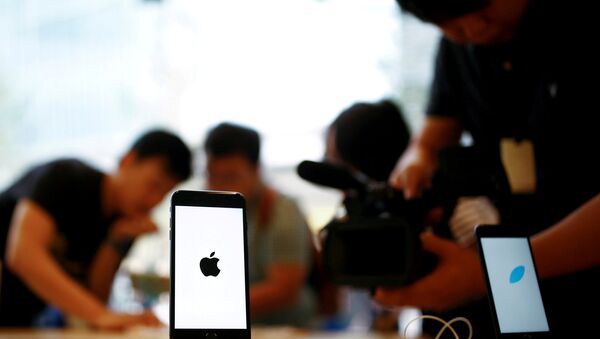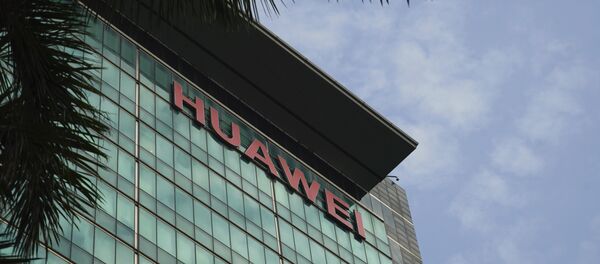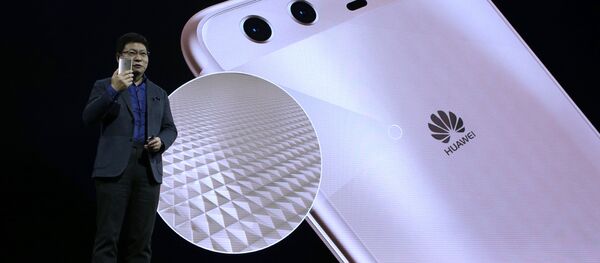"While we anticipated some challenges in key emerging markets, we did not foresee the magnitude of the economic deceleration, particularly in greater China," Apple CEO Tim Cook said in a letter to investors last month.
"We believe the economic environment in China has been further impacted by rising trade tensions with the United States," Cook noted, cited by the South China Morning Post (SCMP).
In the first quarter of 2019, revenue dropped 26.7 percent in ‘greater' China, an area the tech behemoth refers to as mainland China, Hong Kong, Macao and Taiwan.
The sharp drop in iPhone sales since the middle of last year in the region has deeply affected working conditions at Foxconn, the world's largest iPhone assembly plant, in Zhengzhou, the capital of central China's Henan province. Workers detailed to SCMP that their salaries were unexpectedly cut at the end of 2018.
Another Foxconn worker, who spoke to SCMP on the condition of anonymity, revealed that peak production season at the facility lasted just 20 days last year, resulting in a salary cut from around 4,000 yuan ($598) in October 2018, to just 3,000 yuan ($447) in November 2018.
"In September, our line supervisor told us that Apple added a new order for three million iPhone 8 Plus [units]. It only took us about 20 days to finish the production because we worked 18 hours a day in two shifts, including weekends. The peak season didn't last long at all," he said, cited by SCMP.
According to Bloomberg, Foxconn will further cut production costs by 20 billion yuan (US$3 billion) in 2019.
The iPhone is facing a downturn in Chinese smartphone markets as local companies including Huawei and Xiaomi sell similar devices that cost hundreds of dollars less. In the third quarter of 2018, Huawei sales increased by 33 percent, compared to the same period a year earlier, the New York Times reported.
In addition, iPhone sales in China are also likely being affected by the China-US trade war, according to multiple reports.
Washington and Beijing have been locked in a trade war since US President Donald Trump announced in June 2018 a 25-percent tax on an estimated $50 billion of Chinese imports, in a bid to modify the US-Chinese trade deficit. Since that time, the two economic powerhouses have exchanged several rounds of trade tariffs, levying duties of hundreds of billions of dollars.
"Apple is a bellwether," Mark Zandi, chief economist at Moody's Analytics, recently told the New York Times.
"The iPhone is something that everyone knows and buys, and if people aren't buying it, then that's a pretty good sign they're having a hard time."
"If people aren't buying iPhones, they're probably not buying everything else," Zandi added. "It symbolizes how deep China's economic problems are, and we can connect the dots right back to the trade war."




